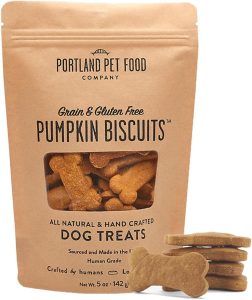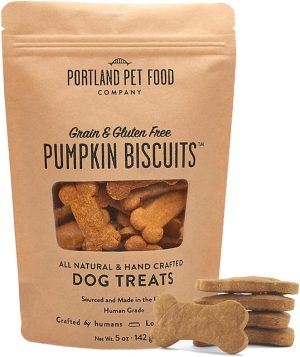Healthy Dog Food…. Selecting the Optimal Dog Food for Your Canine Companion… In the pursuit of ensuring your dog’s well-being, selecting the right dog food is paramount. With a myriad of options available, making an informed decision is crucial for the health and happiness of your furry friend.
Understanding Your Dog’s Dietary Needs
Recognizing Breed-Specific Requirements
Different dog breeds have distinct nutritional needs. Understanding these requirements is pivotal in choosing a dog food that caters to your pet’s specific needs. Whether you have a high-energy working breed or a laid-back lap dog, tailoring their diet accordingly is essential.
Age-Appropriate Nutrition
Just as humans have varying nutritional needs at different stages of life, so do dogs. Puppies, adult dogs, and senior dogs require different nutrients in varying proportions. Ensure the selected dog food aligns with your pet’s age for optimal health.
Decoding Dog Food Labels
Analyzing Ingredient Lists
A critical aspect of selecting the right dog food is understanding how to decipher ingredient lists. Look for high-quality protein sources, whole grains, and essential vitamins and minerals. Avoid artificial additives, fillers, and excessive preservatives that may harm your dog’s health.
Grading the Protein Content
Protein is a cornerstone of a dog’s diet, promoting muscle development and overall well-being. Option for dog food with a substantial protein content sourced from real meat rather than by-products. This ensures your dog receives the essential amino acids vital for their health.
Dietary Considerations for Special Cases
Catering to Allergies and Sensitivities
Some dogs may have allergies or sensitivities to certain ingredients. If your dog exhibits signs of food intolerance, such as itching or gastrointestinal issues, consider hypoallergenic or limited-ingredient dog food. Consulting with a veterinarian can help identify and address any dietary concerns.

Dietary Restrictions for Medical Conditions
Dogs with specific medical conditions, such as diabetes or kidney disease, require specialized diets. Work closely with your veterinarian to determine the appropriate dog food that addresses your pet’s health condition while providing necessary nutrition.
The Role of Supplements in Canine Nutrition
Incorporating Essential Supplements
While a well-balanced dog food should cover most nutritional needs, some dogs may benefit from supplements. Omega-3 fatty acids for coat health or glucosamine for joint support are examples. Consult with your vet before introducing supplements to ensure they align with your dog’s overall diet.
choosing the right dog food involves a meticulous consideration of your pet’s individual needs. By understanding their breed, age, and any specific health concerns, you can provide them with a diet that not only satisfies their taste buds but also promotes their overall well-being.
Here is a good example

